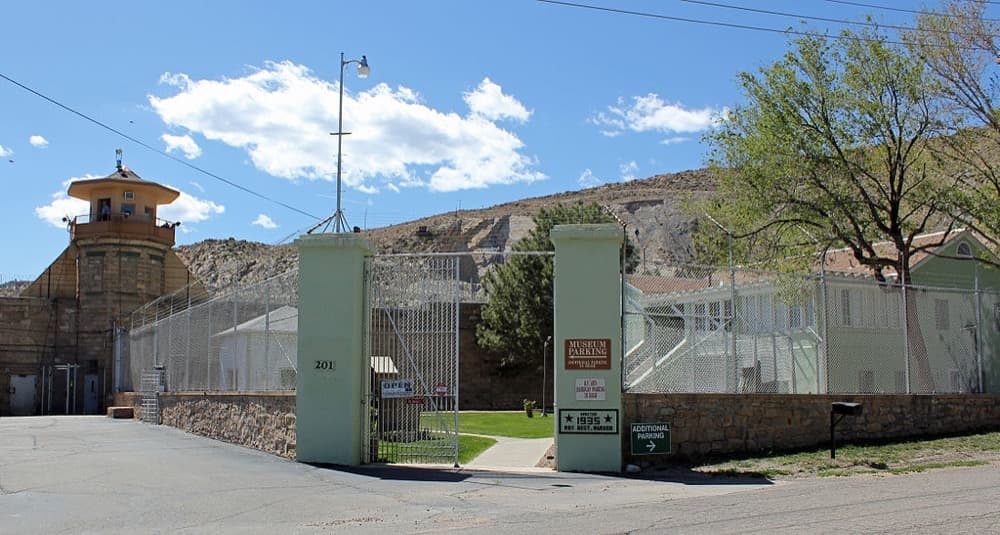By Kristen Wyatt, Associated Press
DENVER (AP) — A new get-tough DUI law in Colorado is reversing a decline in prisons populations, state lawmakers learned Tuesday in a briefing by economists.
Colorado closed three prisons in the last 10 years and was anticipating closing more after legislation passed making it easier for parolees to stay out of prisons when they violate the terms of their release.
But, a 2015 law allowing district attorneys to pursue felony cases, not just misdemeanors, against people accused of drunk driving has prompted more than 1,100 new felony DUI cases filed in state courts, the state Judicial Branch reports.
The DUI change could increase prison populations by about 448 people, or 0.8 percent, over the next three years, legislative economist Greg Sobetski said.
An extra 500 or so prisoners over the next couple years is a small increase, considering that Colorado had about 20,000 people in state prisons in the summer of 2016. But it's a change from recent years, when prison populations declined sharply.
Sen. Kent Lambert, a Colorado Springs Republican who leads the budget committee, said the uptick isn't enough to disturb plans to rethink how Colorado uses prisons.
A February study commissioned by Gov. John Hickenlooper found that prisons could be streamlined in many areas. A 948-bed state prison in Centennial, for example, was described as "a significant waste of a resource."
Other highlights from Tuesday's briefing:
- Colorado's overall economy is expected to grow at a modest rate in 2017 and 2018. Colorado is boosted by strong migration from other states and a diverse economy, leading to an unemployment rate that was 3.5 percent in October. That was more than a percentage point lower than the national rate.
- Colorado real estate remains hot and isn't expected to cool off much. Economists said that home and rental prices continue to rise as demand outstrips supply. Real estate won't appreciate as quickly as it did over the past four years, economists said, but it's still going up. All regions of the state, including Pueblo, Colorado Springs and Grand Junction, have experienced stronger growth than the nation as a whole. Economists predicted that total residential building permits will rise more than 20 percent in 2016, and another 5 percent in 2017.
- Housing appreciation is boosting inflation. Economists reported that inflation in Colorado was 4.5 percent in the first half of 2016. That was double that of the nation, with economists attributing the difference to housing appreciation.
- Marijuana tax collections continue to grow, but economists predict they'll level off by 2019, when the state is expected to collect about $214 million from medical and recreational pot taxes. Colorado made $142 million from pot taxes in the most recent fiscal year.













